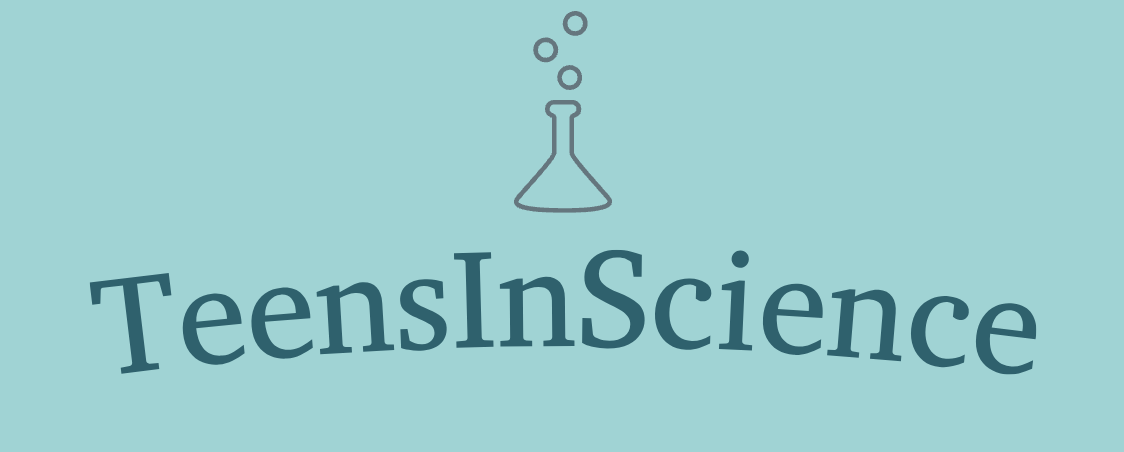Climate Change and Health
This article will discuss climate change and how it affects global health in the 21st century.
Date Published: 9/29/24
Introduction
Climate change is mainly talked about with rising temperatures, melting ice caps, and extreme weather, but its impact on global health is equally important. As the planet warms, the consequences for human health are becoming more obvious.
The Direct Effects of Extreme Weather
One of the most immediate ways climate change affects health is through extreme weather events. Heatwaves, hurricanes, floods, and droughts have become more frequent and severe, leading to increased mortality and morbidity. Heatwaves can cause heatstroke, dehydration, and exacerbate existing health conditions like cardiovascular and respiratory diseases. In vulnerable populations, these effects can be especially aparent.
Flooding and hurricanes can lead to injuries, displacement, and the spread of waterborne diseases. In the aftermath, communities face a lack of clean water, poor sanitation, and inadequate healthcare, which can lead to outbreaks of diseases like cholera and dysentery. The mental health impact of losing homes and loved ones due to extreme weather events is also significant, contributing to stress, anxiety, and depression.
Vector-Borne Diseases on the Rise
Climate change is also altering the patterns of vector-borne diseases transmitted by insects. As temperatures rise, these vectors are expanding into new regions, bringing diseases like malaria, dengue fever, and Lyme disease with them. Warmer temperatures and changing rainfall patterns create favorable conditions for these vectors to thrive, increasing the risk of disease transmission.
Mosquitoes that carry diseases like Zika and chikungunya are now found in regions where they were previously absent, including parts of the United States and Europe.
Food and Water Security
Climate change is also threatening food and water security. Changes in temperature and precipitation patterns affect crop yields, leading to food shortages and malnutrition, particularly in low-income countries. Droughts and changing rainfall patterns can reduce water availability, leading to water scarcity and poor sanitation, which increases the risk of waterborne diseases.
Air Quality and Respiratory Health
Climate change also affects air quality. Rising temperatures and increased levels of pollutants contribute to poor air quality. This exacerbates respiratory conditions like asthma and COPD and increases the risk of lung cancer.
Additionally, climate change is increasing the frequency and severity of wildfires, which produce large amounts of smoke. Exposure to wildfire smoke can cause respiratory issues and long-term health problems, particularly in vulnerable populations such as children, the elderly, and those with pre-existing respiratory conditions.
Addressing the Health Impacts of Climate Change
To address the health impacts of climate change, it is essential to integrate health considerations into climate policy. This includes strengthening healthcare systems to withstand the impacts of climate change, improving disease response systems, and investing in public health infrastructure. Additionally, reducing greenhouse gas emissions and transitioning to renewable energy sources can help minimize the effects of climate change on health.
Conclusion
Climate change is not just an environmental issue—it is a major public health challenge. By understanding the ways climate change affects health, we can develop strategies to protect vulnerable populations.
Works Cited
Haines, Andy, and Kristie L. Ebi. "The Imperative for Climate Action to Protect Health." The New England Journal of Medicine, 2019, https://www.nejm.org/doi/full/10.1056/NEJMsr1807873.
Frumkin, Howard, et al. Climate Change and Public Health. Oxford University Press, 2016, https://global.oup.com/academic/product/climate-change-and-public-health-9780190202453.
Patz, Jonathan A., et al. "Impact of Regional Climate Change on Human Health." Nature, 2005, https://www.nature.com/articles/nature04188.
Watts, Nick, et al. "Health and Climate Change: Policy Responses to Protect Public Health." The Lancet, 2015, https://www.thelancet.com/journals/lancet/article/PIIS0140-6736(15)60854-6/fulltext.
Levy, Barry S., and Jonathan A. Patz. "Climate Change, Human Rights, and Social Justice." Annals of Global Health, 2015, https://www.annalsofglobalhealth.org/articles/10.1016/j.aogh.2015.08.008/.
Ebi, Kristie L., et al. "Health Risks of Climate Change: The IPCC Health and Climate Change Assessment." The Lancet Planetary Health, 2021, https://www.thelancet.com/journals/lanplh/article/PIIS2542-5196(20)30256-3/fulltext.
Smith, Kirk R., et al. "Human Health: Impacts, Adaptation, and Co-Benefits." Climate Change 2014: Impacts, Adaptation, and Vulnerability, Cambridge University Press, 2014, https://www.ipcc.ch/site/assets/uploads/2018/02/WGIIAR5-Chap11_FINAL.pdf.
